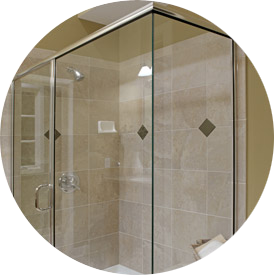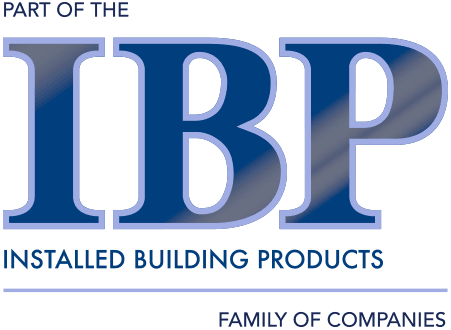In our last post, we talked about the R-value of insulation, which is essentially how well a type of insulation is doing its job—how effective it is. Related to the R-value are the K-value, C-value and U-value, and we’ll discuss what these mean in this post!
We know, there are a lot of insulation terms that may be confusing, but insulation installation shouldn’t be a DIY project. Asking insulation professionals is always the best option, whether you want to install insulation in your attic or have questions about insulation. Sometimes, however, it can be helpful to know a little bit about insulation before you bring the pros in!
Insulation K-value, or K-factor, is used to rate the material’s ability to allow heat to pass through it, independent of its thickness. The lower the K-value, the better the insulator.
Insulation C-value, or C-factor, is used to rate thermal conductance; it’s the number of BTU (British thermal units) that pass through a square foot of material with a 1 degree temperature difference for a specified thickness. The lower the C-value, the more effective the insulation.
Insulation U-value is known as thermal transmittance, which refers to the heat transmission through an area of a material construction, induced by temperature differences between the adjacent environments. The lower the U-value, the better.
It can be tough to put insulation terms like these into layman’s terms, but what you basically need to know when it comes to insulation U-value, K-value and C-value is that:
- A lower U-value (which can kind of be thought of as temperature difference between adjacent areas) indicates more effective insulation.
- A lower C-value means the insulation performs better—and the same thing with a higher R-value.
- The lower the K-value, the greater the insulating value for a particular thickness and given set of conditions.
How Effective is Insulation?
In addition to the U-value, K-value and C-value, the type of insulation can determine the effectiveness of insulation, depending on what you’re trying to achieve. For example,
- Cellulose and fiberglass insulation are superior at soundproofing.
- Spray foam insulation is very effective at reducing air infiltration.
- Radiant barrier helps your home stay cool in the summer, by reflecting heat from the sun.
To learn more, contact the experts at Tidewater Insulators!





